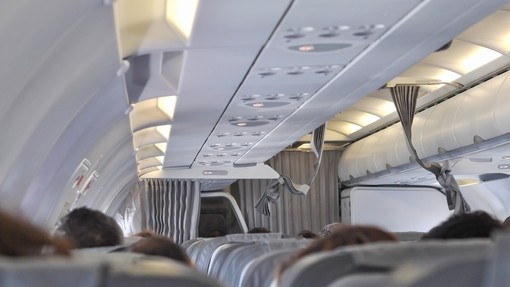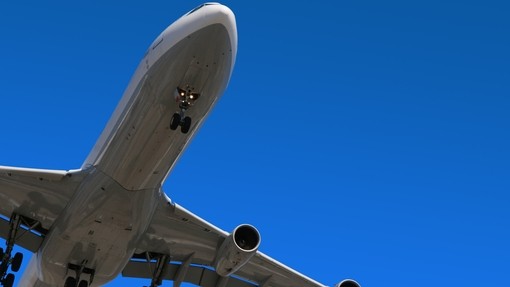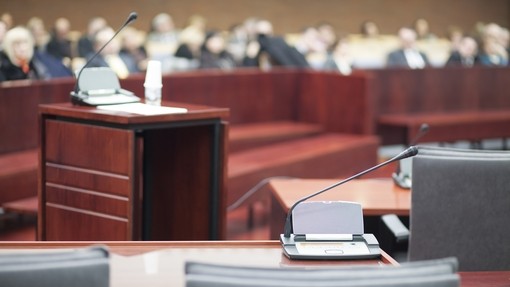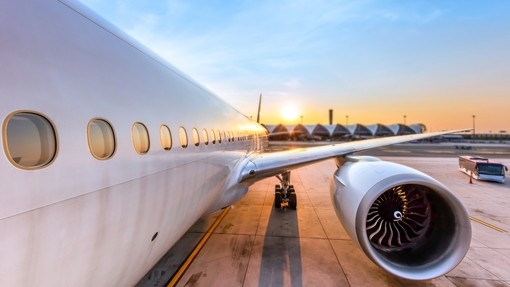BIS call for evidence
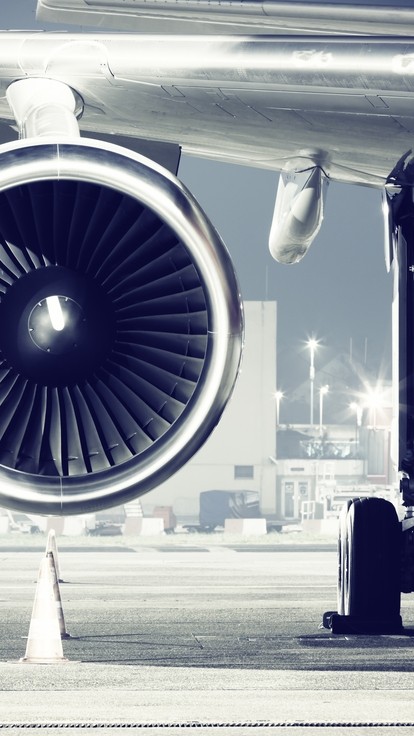
Details
On 1 March 2016, the Department for Business, Innovation & Skills (BIS) launched a consultation entitled Terms and Conditions and Consumer Protection Fining Powers: a Call for Evidence. Whilst the Call for Evidence does not target a particular industry or sector, the outcome of this may lead to significant re-formatting and changes to the general presentation of terms and conditions (T&Cs) to make them more user-friendly. This may have some implications for the aviation and travel industry.
In its own words, BIS is ‘seeking views on how terms and conditions (T&Cs) can be made more user-friendly and on proposals to introduce fines for unfair terms’. This stems largely from the Consumer Rights Act 2015 (CRA 2015), which came into force on 1 October last year, and has been identified as a key area of concern in championing greater transparency, eradicating unfair terms and improving competitiveness amongst businesses. The rationale behind this is that most consumers do not read the small print because the ‘legalese’ acts as a barrier. Simpler T&Cs from the outset would mean that businesses sell goods and services to better-informed consumers who will read the contractual terms. That said, the government does recognise that certain complex arrangements cannot always been governed by ‘short and snappy’ T&Cs. Certain sectors are already heavily regulated to the extent that T&Cs are reflective of the necessary information overload that, in order for them to comply with their own regulatory obligations, businesses foist upon consumers.
Airline and travel industries already have to navigate a minefield of rules, regulations, codes and best practices. It is difficult to see how travel industry T&Cs can be shortened or simplified with a plethora of regulatory obligations to deal with under regimes such as the Package Travel Regulations, European regulations on air travel or the Montreal Convention etc.
As we mentioned at the start, the Call for Evidence is sector-agnostic. However, airlines usually make soft targets for consumer body vitriol. It is perhaps no surprise that one of the case studies in the Call for Evidence covers the example of ‘drip pricing’ – the misleading practice of low headline fares that certain airlines were taken to task over a few years ago.
What is more alarming, from a general business perspective at least, is the proposal to develop stronger civil enforcement powers, including civil court or administrative fines, which are not dependent on any parallel criminal enforcement action. BIS hopes this will create a credible deterrence against future non-compliance. The travel industry is no stranger to regulator action and will hardly welcome the creation of even more avenues to impose civil fines and penalties.
Responses to the Call for Evidence must be received by 25 April 2016 at the latest and for further details about the Call for Evidence, please see here.
We have extensive experience in assisting airlines and tour operators with their T&Cs. Please do not hesitate to contact us if you require any assistance in this area or in respect of the Call for Evidence.

